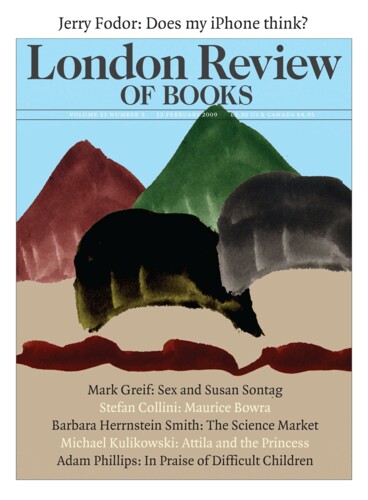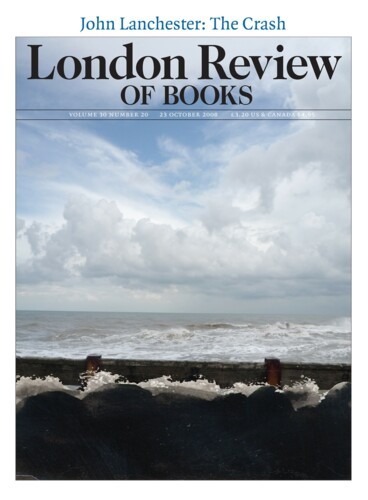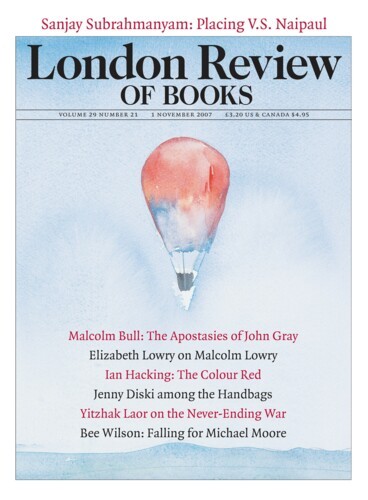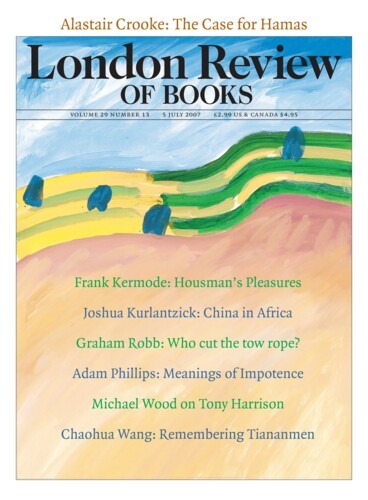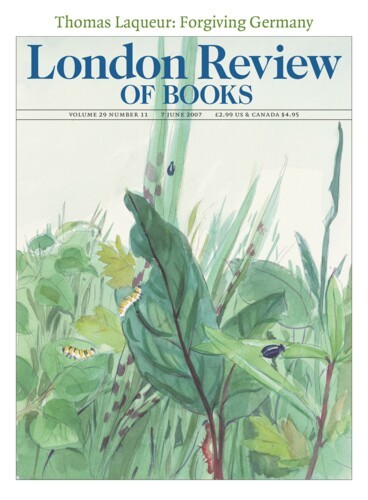Still Superior: Sex and Susan Sontag
Mark Greif, 12 February 2009
One of the most appealing things about Susan Sontag was that she didn’t ask to be liked. Other postwar American writers who cut the same sort of public figure pleaded with you to love their outsized faults, embrace their dumb enthusiasms, and cast in your lot with theirs through recounted divorces, nervous breakdowns, lusts. Sontag’s persona was not personal. It was superior....
